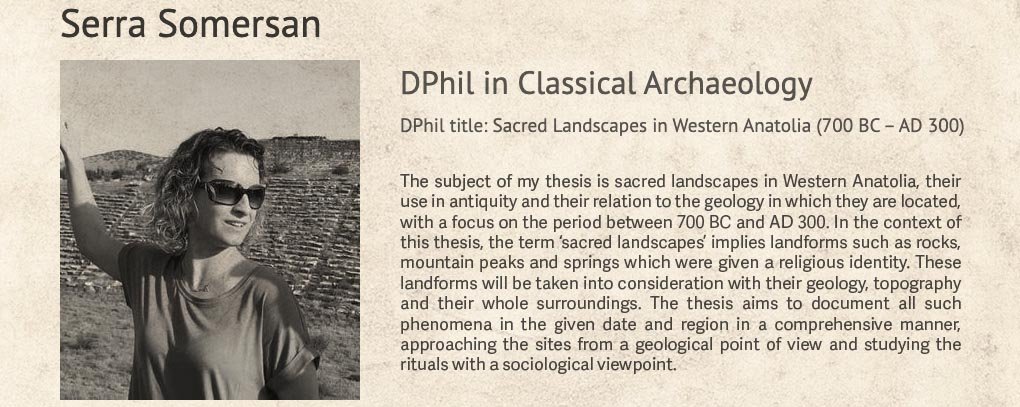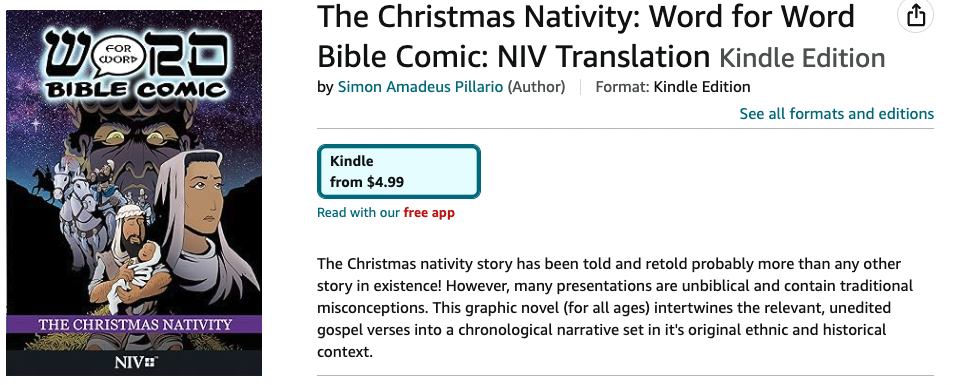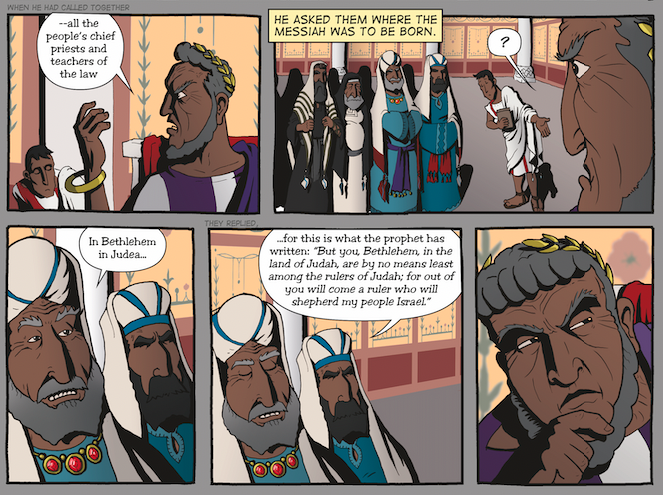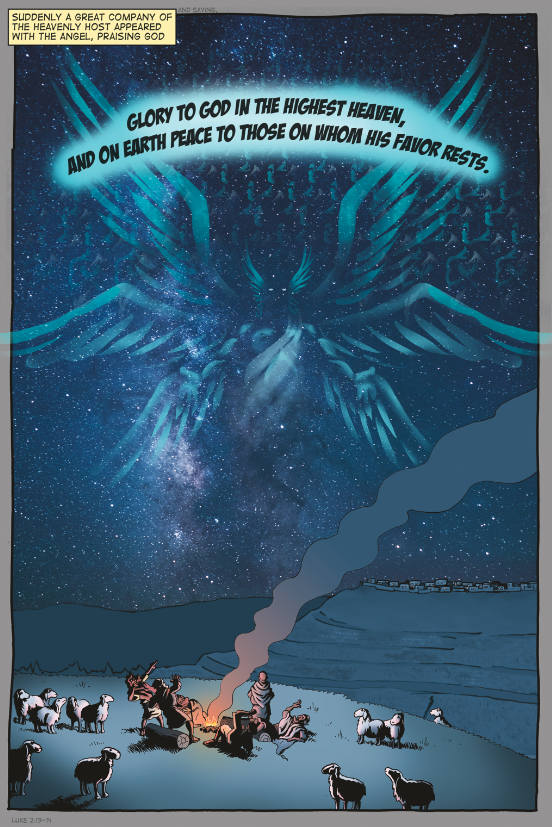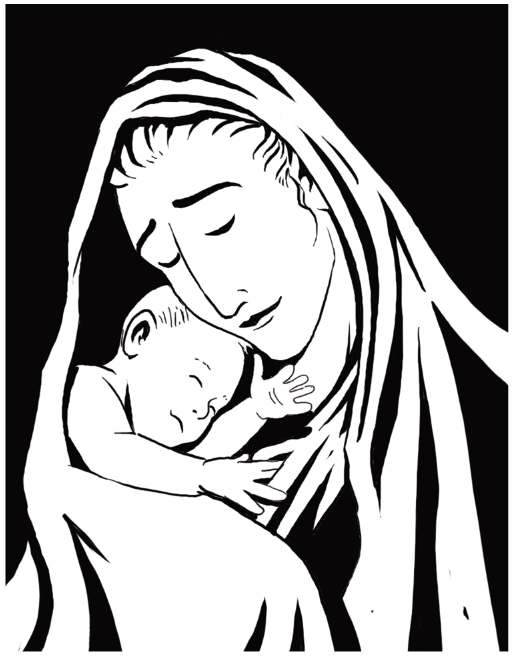BLOODLINE: The expectation of the Messiah in the Scriptures also dictated that Jesus must be from the line of Adam (Genesis 3:14-15), Abraham (Genesis 12:3), Isaac (Genesis 26:4), Jacob (Genesis 28:14; Numbers 24:17), Judah (Genesis 49:8–12), Jesse (Isaiah 11:1), and David (2 Samuel 7:12-13; Isaiah 9:7, 40:3; Zechariah 12:10).
The fact that his mother would be a virgin was prophesied in Isaiah 7:14a: “Therefore the Lord himself will give you a sign: The virgin will conceive and give birth to a son..."
In that same verse, Isaiah reveals that this virgin's son will not only be a ruler but the incarnation of God: "...and will call him Immanuel.” Immanuel means "God with us". In Isaiah 9:6, the prophet states even more clearly: “For to us a child is born, to us a son is given, and the government will be on his shoulders. And he will be called Wonderful Counselor, Mighty God, Everlasting Father, Prince of Peace.” This is confirmed by Zechariah, who says: “'Shout and be glad, O Daughter of Zion. For I am coming, and I will live among you,’ declares the LORD” (Zechariah 2:10).
As we saw in the previous article, the Messiah had to also have both a legal and blood claim to the throne of David, restricting the number of people who could fulfill these bloodline conditions to just one candidate.
TIME PERIOD: Around AD 6–7, Emperor Tiberius removed Herod Archelaus from his throne and instigated direct rule of Rome through a prefect in Israel. As a result, the ius gladii (right of the sword), which gave legal authority to execute someone for a capital offense, was taken away from the Jewish Sanhedrin (Jerusalem Talmud, Sanhedrin, folio 24), a circumstance that caused the rabbis and elders of the day to cover their heads with ashes and their bodies with sackcloth in mourning, believing that the Torah, the word of God, had failed!
This was because in Genesis 49:10, Jacob blesses his sons and prophesies, "The scepter will not depart from Judah, nor the ruler’s staff from between his feet, until he to whom it belongs shall come, and the obedience of the nations shall be his." The scepter and ruler's staff are idioms for Judah's right to apply and enforce Mosaic law, including capital punishment. This was a right that was not even lost during the whole Babylonian captivity and which was promised to be retained until the Messiah, "he to whom it belongs,” should come.
While the scepter had indeed been removed from Judah, unbeknownst to the people of the Sanhedrin, their Messiah had come about ten years earlier in the little town of Bethlehem!
This prophesy from the time of the patriarchs gives a limiting time factor: The loss of the “Scepter” would happen before the Messiah came. There are other Old Testament verses which predict that the Messiah will be consumed with zeal for the Lord's House (Psalm 69:7–12). So the temple had to be standing for this to be fulfilled. In AD 70, the Jewish Temple was destroyed and it has not been restored since (yet). So a candidate to be the Messiah had to have lived in time between AD 6 and AD 70.
CONCLUSION: From the Old Testament prophets who look forward to the coming of the Messiah, we can see that a candidate must be born in Bethlehem, live in Egypt, be called a Nazarene, be born to a virgin, be descended from Abraham and David and take up his station between AD 6 and AD 70. These are extremely specific criteria for a Messiah, but not only does Jesus fulfil all of these prophecies with his birth, he indeed grows up to take on the mantle and show himself to be "God with us" and "living among us.".
















